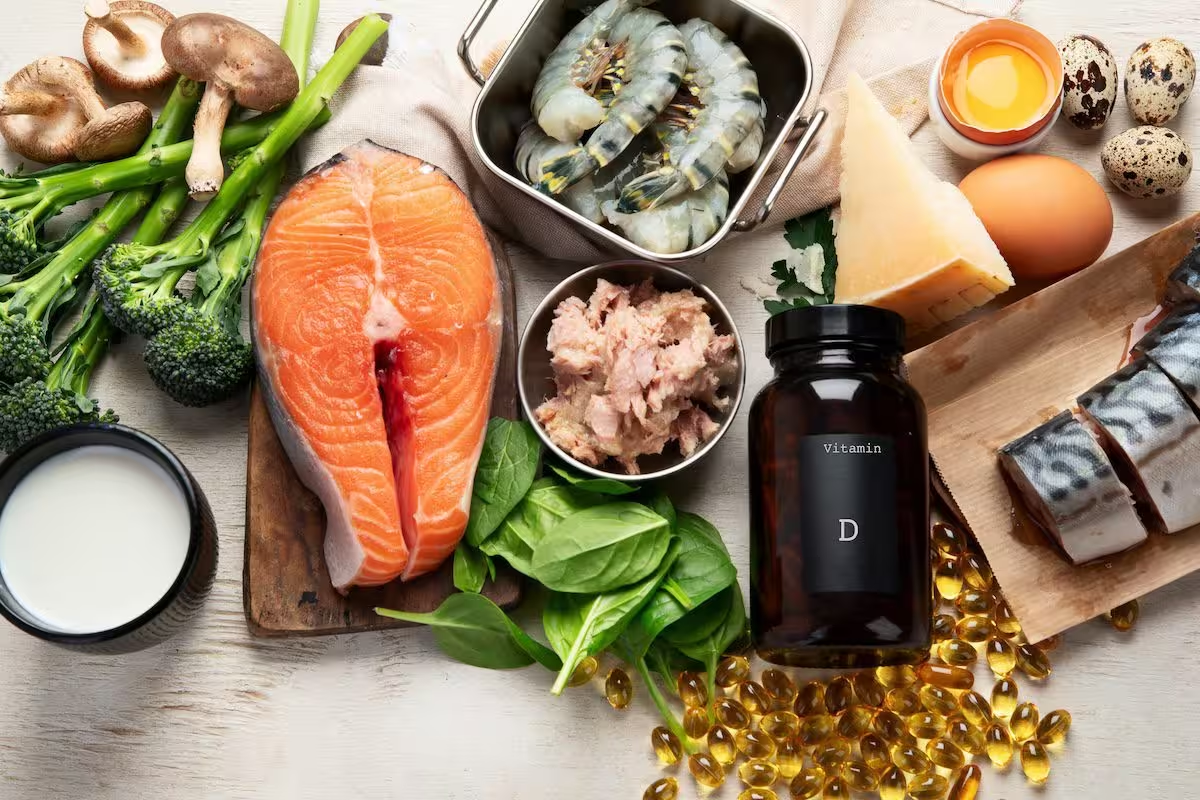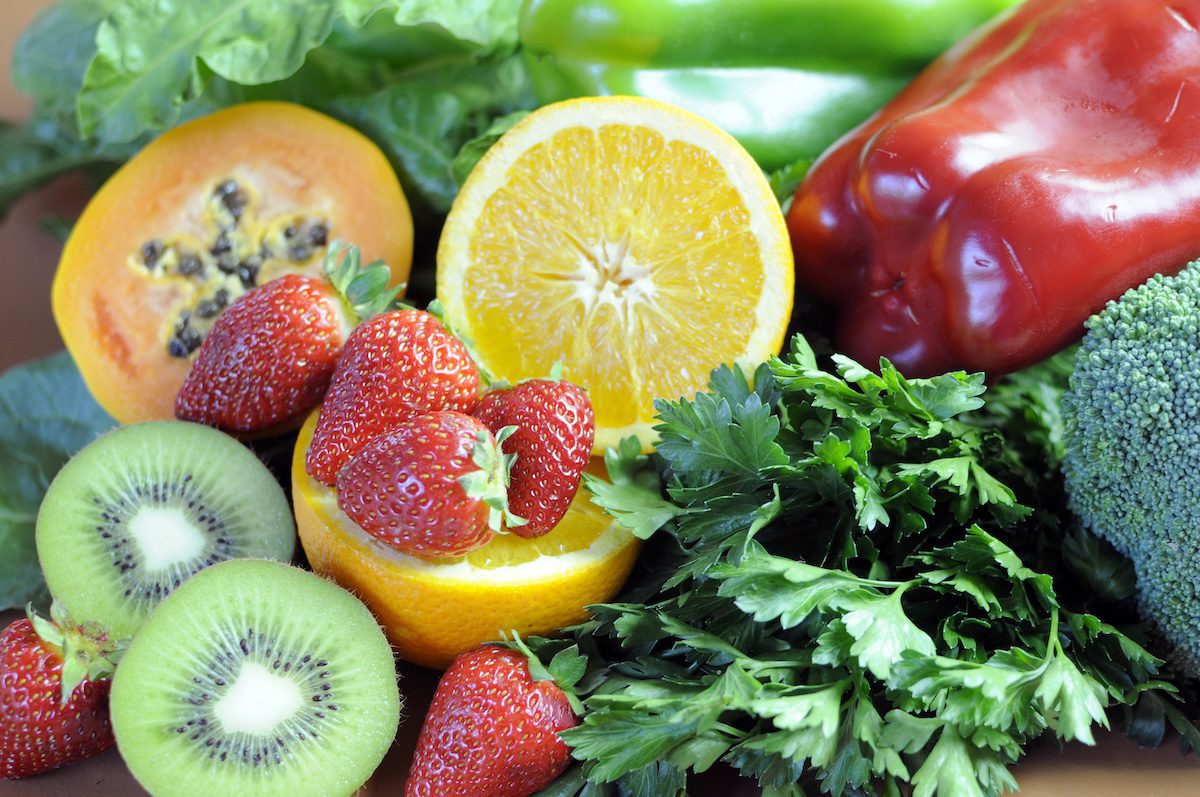The harsh months of winter are just around the corner–and for some cyclists, their immune system, along with their mood, could plummet along with the warm weather. Give yourself a head start by supplementing your body with these essential nutrients that will keep you strong–mentally and physically–when cold season arrives with the cold weather.
Vitamin D
Vitamin D is a unique vitamin–your body can produce it when exposed to sunlight. As the days get shorter and the sun disappears earlier, the amount of the vitamin synthesized by your body declines. It will also decline with sunscreen use, increased melanin and older age.
Vitamin D’s role
Boosts immune system
Helps with calcium absorption
Builds and maintains strong bones and teeth
Regulates mood
Foods with vitamin D
Vitamin D doesn’t occur naturally in many foods–other than fortified foods, where vitamin D has been added. Foods that do provide some include:
Egg yolk
Fatty fish
Unsweetened low-fat milk
Unsweetened plant-based milk fortified with vitamin D
Supplementing with vitamin D
The easiest way to ensure you’re getting adequate vitamin D, especially in winter, is by taking a supplement; these can come as tablets, capsules, liquid or spray. Sources recommend at least 600 IU (15 mcg) per day for adults, without exceeding 4,000 IU (100 mcg). You can buy supplements at drugstores, health food stores and department stores.
Vitamin C
People usually suggest loading up on vitamin C (ascorbic acid) when you get sick to improve your recovery time–but at that point, it may be too late for the vitamin’s immunity benefits to be effective. Studies have shown that taking vitamin C over a longer period of time may slightly reduce the duration of a cold and the severity of the symptoms.
Vitamin C’s role
Boosts immune system
Helps with iron absorption
Helps with repair and growth of all tissues (bones, cartilage, skin and blood vessels)
Acts as an antioxidant, protecting cells against daily damage
Foods with vitamin C
Citrus fruits
Bell peppers
Brussels sprouts
Broccoli
Snow peas
Fruits such as kiwi, strawberries, peaches, papaya and guava
Leafy vegetables such as kale and arugula
Tomatoes
Potatoes
Supplementing with vitamin C
While it’s easy to get vitamin C through your diet, supplements are also available. Daily necessary vitamin C dietary intake is at least 75 mg for women and 90 mg for men. Sources suggest supplementing 250-500 mg twice a day to provide maximum benefit. The upper limit for adults…
Click Here to Read the Full Original Article at Canadian Cycling Magazine…


